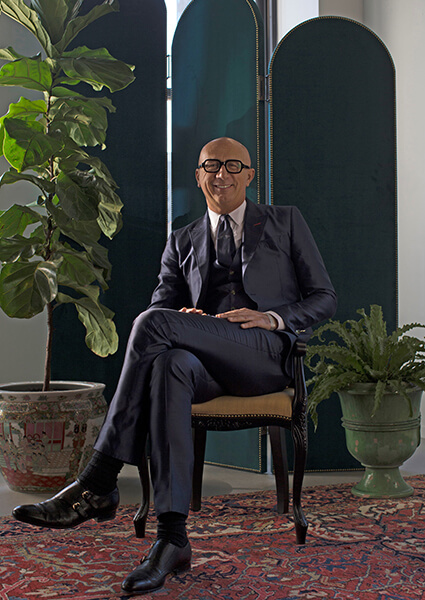
Opening concert of Annual Meeting 2025 in Davos-Klosters to address glacier melt in Antractica
The opening concert of the Annual Meeting 2025 in Davos-Klosters will address the pressing issues ...

GUCCI – one of the world’s oldest and most iconic brands – is on track to cut its greenhouse gas emissions by 50 percent in line with company sustainability targets for 2025.
The majority of greenhouse gas emissions— 90 percent—are created at the start of the supply chain. This is the same for all fashion companies. Gucci works closely with its suppliers to ensure traceable and sustainable sourcing along every step of the chain, Gucci President and Chief Executive Marco Bizzarri said in an interview with the United Nations Environment Program.
These initiatives have translated into significant reductions. Gucci’s 2019 Environmental Profit and Loss analysis shows that “we are on track to attain our 2025 sustainability targets, including cutting greenhouse gas emissions by 50 percent.”
Since 2015, Gucci has achieved a 37 percent reduction of its footprint across the supply chain, relative to growth.
“We take the remaining emissions across all the supply chain and offset them into nature-based solutions that protect critical forests and biodiversity around the world. By doing this, Gucci has been entirely carbon neutral since 2018,” he said.
“At Gucci we decided to offset our total remaining emissions every year through United Nations REDD+ projects, which help mitigate climate change, protect biodiversity and bring economic and social benefits to local communities. As businesses, we can implement this straightforward solution to immediately be accountable for all our emissions. Anything less is irresponsible,” he said.
The company launched last year the CEO Carbon Challenge to be a call to action for CEOs to recognize their full responsibility as business leaders to take climate action immediately.
Several companies have made commitments to become net-zero by 2040 and 2050, but the science is telling that long-term targets are just not good enough and that the trajectory of climate and biodiversity crises should change in 10 years.
The opening concert of the Annual Meeting 2025 in Davos-Klosters will address the pressing issues ...
Juhayna Food Industries proudly announced that its agricultural arm, El Enmaa for Agricultural Development, has ...
The United Nations Environment Program (UNEP) and several partners launched a pilot project to build ...


اترك تعليقا